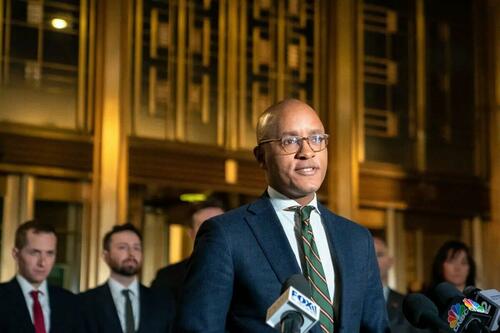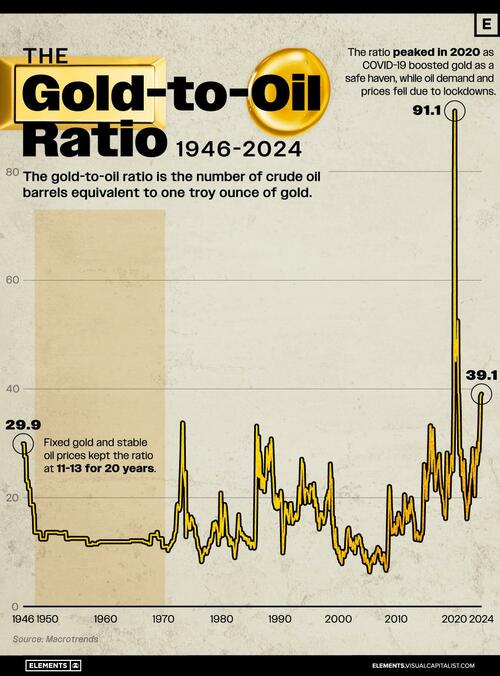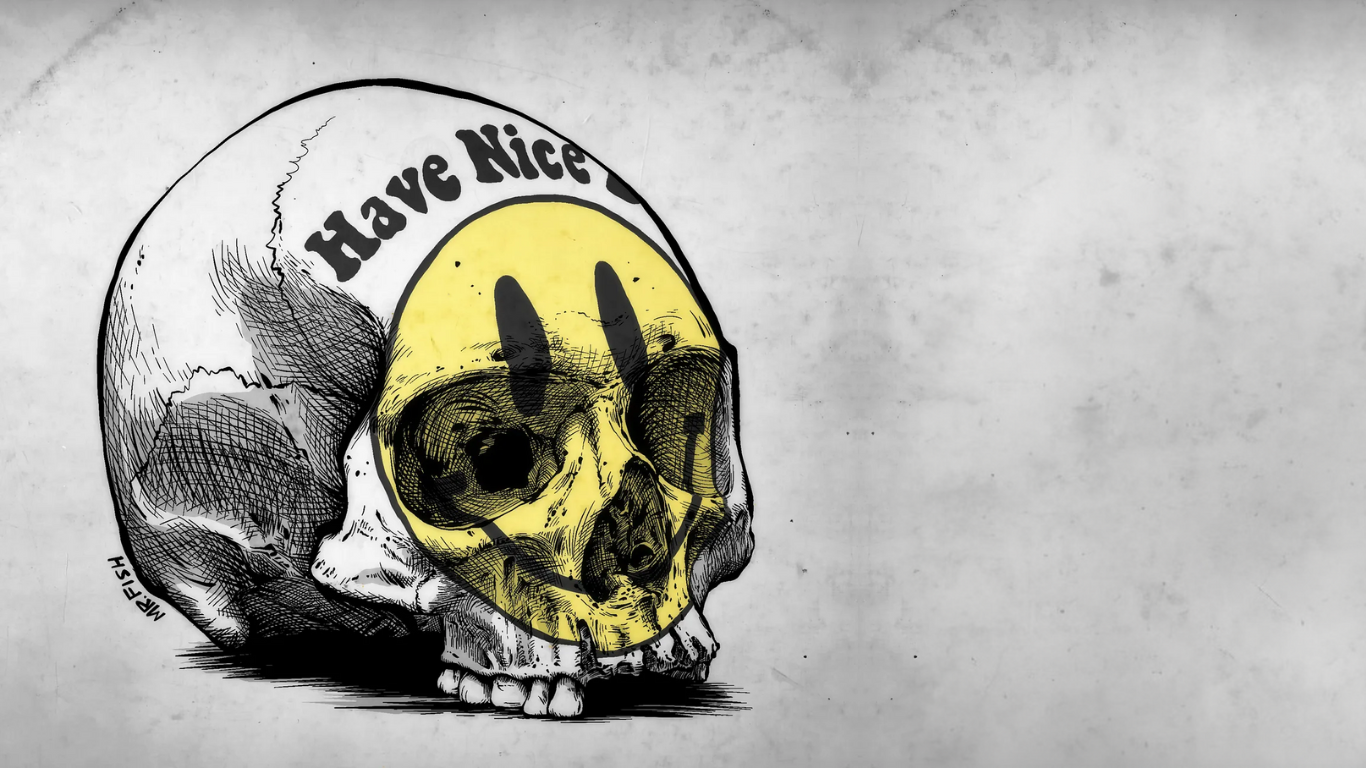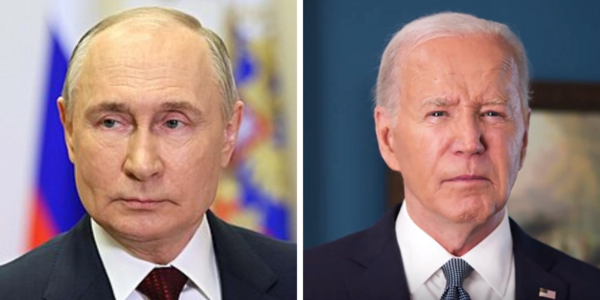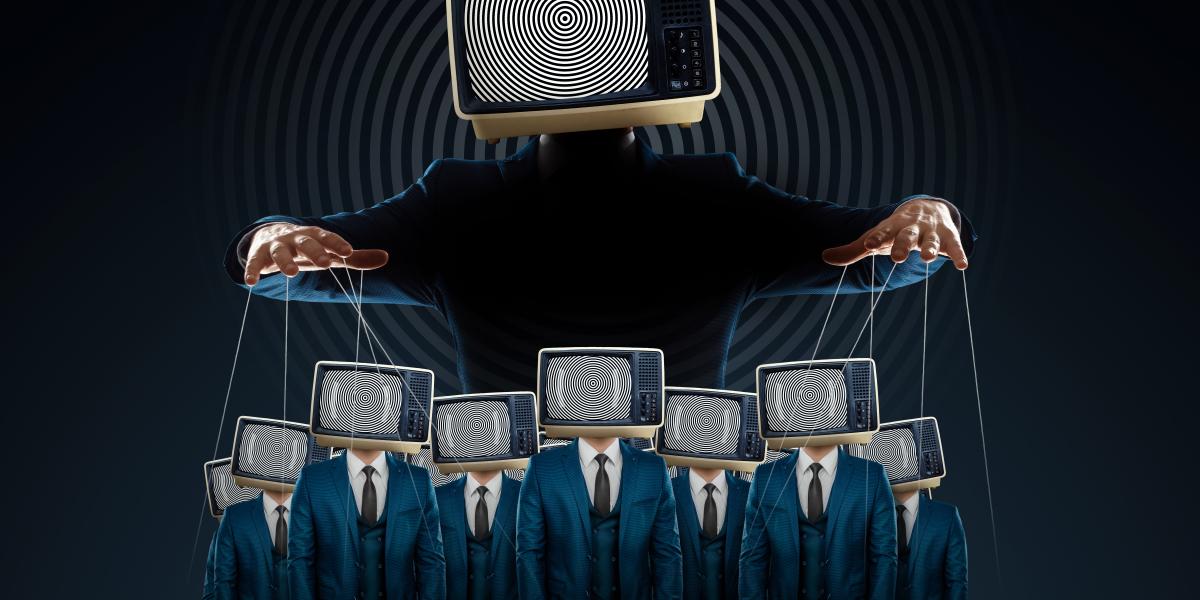
“Most economists are political apologists masquerading as economists,” wrote Doug Casey in one of his columns. “They prescribe the way they would like the world to work and tailor theories to help politicians demonstrate the virtue and necessity of their quest for power.”
Moreover, wrote Casey, “The field of economics has been turned into the handmaiden of government in order to give a scientific justification for things the government wants to do.” This of course is not a new development. Ludwig von Mises was calling the universities of his day “nurseries of socialism” but, thankfully, there is always a remnant of students who resist the statist brainwashing. The above quote about concocted “scientific” justifications for interventionism and socialism, by the way, sounds like a precise definition of Keynes’s General Theory.
Casey’s sound advice is that to be a good citizen one needs to “become your own economist.” Don’t rely on the state’s mouthpieces in the “media” or even academe for your economic knowledge. Educate yourself to some degree; it doesn’t take a university degree. Indeed, everything we do at the Mises Institute is geared toward helping anyone anywhere to become their own economist (preferably Austrian School and not Keynesian or Post Keynesian!) and avoid being bamboozled by the state and its court historian economists.
Mises never joined the American Economic Association, the association of academic economists founded in the 1880s. The association’s founding document provides a clue as to why. “The state is an educational and ethical agency whose positive aid is an indispensable condition of human progress,” the document purred. “The doctrine of laissez faire,” on the other hand, “is unsafe in politics and unsound in morals,” said the statist moral scolds who founded the American Economic Association.
There are exceptions, the Austrian School economists being the most prominent, but the majority of academic economists view themselves as advisors or potential advisors to the state. They are Rothbard’s “court historians” with degrees in economics instead of history. The role that they serve is the same as all “intellectuals” in our almost 100 percent state-funded universities. As Rothbard put it: “The majority [of the electorate] must be persuaded by ideology that their government is good, wise, and at least inevitable. Promoting this ideology . . . is the vital task of the ‘intellectuals.’” In return, the “intellectuals” are given government jobs, grants, placement at prestigious universities, book deals, and myriad other political payoffs. (Mises wrote that history, law, and economics are the disciplines most widely used to bamboozle the public about the supposedly good, wise, and inevitable state).
Take the Fed – please (as Rodney Dangerfield would say). Economist Larry White published a journal article several years ago that revealed that about 75 percent of all articles published in academic economic journals on the subject of monetary policy are published by economists who are in some way associated with the Fed. As Milton Friedman once said, “If you want a career as a monetary economist it is best not to criticize the major employer in your field.” And so they do not.
If there is ever any criticism it is always constructive criticism about how to supposedly become even better at central planning. Most Americans are rationally ignorant of the Fed, and what little they do know about it is overwhelmingly shaped by the Fed’s “court historians,” especially the ones who teach economics at colleges and universities. The Austrian economists (but not all of them) are the only ones to challenge the existence of the Fed and call for its abolition.
In addition to being the federal government’s legalized counterfeiting arm, the Fed is also another appendage of the government’s massive propaganda apparatus. The laughingly labeled “independent” Fed’s research, according to economist Emre Kuvvet writing in The Independent Review, increasingly focuses on “climate change, gender, race, and inequality” – the “woke” political agenda of the Democrat party. The one true statement that Joe Biden made as president was “It’s not Milton Friedman’s Fed anymore.”
The New York Fed has always been considered to be the most powerful and influential of all the Fed branches. Its homepage defines its mission as a “desire to root out the intolerable inequities and injustice grounded in systemic racism . . . steadfast in our commitment to work for a more equitable economy and society.” A clearer definition of socialism would be hard to find.
Kuvvet found that of all the employees of the Fed’s Board of Governors there are 97 Democrats and 2 Republicans. “Leadership positions” on the Board consist of 45 Democrats and 1 Republican. As I said, it’s just another D.C. government propaganda mill.
Some Examples of the Empire of Economic Lies
A typical introductory economics textbook devotes most space to endless stories of “market failure” (free-rider problems, externalities, monopoly and oligopoly, monopolistic competition, asymmetric information, and on and on), and almost nothing about entrepreneurship, the cornerstone of capitalism.
It wasn’t always like that. When the first federal antitrust law was passed in 1890 (the Sherman Antitrust Act) the entire economics profession, which was very small at the time, opposed then new law as being inherently incompatible with competition, as Jack High and I proved by quoting all of them in a July 1988 Economic Inquiry article. They all viewed competition like the Austrian economists always have – as a dynamic, rivalrous process of discovery and entrepreneurship, and thought that antitrust law could only disrupt that process and distort markets.
By the 1930s a new and more “scientific-sounding” theory of “perfect” competition had been invented, which asserted that competitive perfection required all homogenous products and prices in an industry, perfect information in the minds of buyers and sellers, costless entry into and exit from industry, an “many” firms, whatever that might mean.
For the next half century and more, economists would spin thousands o tall tales about how the real world fell short of this “perfection,” defined as market failure, and prescribed regulation, control, nationalization, or regimentation by presumably wise and, well, perfect politicians and bureaucrats. UCLA economist Harold Demsetz labeled this dishonest method of analysis “the Nirvana fallacy”: Comparing the real world to an unachievable never never land of Nirvana. As F.A. Hayek once described it, “In perfect competition there is no competition.” That is, there could not be product differentiation, price cutting, advertising, research and development, the rise to the top of a few superior-performing firms in an industry – all the ingredients of genuine competition.
Generations of students have also been taught that in the late nineteenth and early twentieth centuries large-scale production of electricity, water supply, telephone services and other similar products was producing “natural” (i.e., free market) monopolies. Governments then stepped in and legally mandated public utility monopolies, supposedly to be regulated “in the public interest.” I proved this to be yet another falsehood in my paper, “They Myth of Natural Monopoly.” There was vigorous competition in all these industries. They were monopolized by the state, not the free market, with loot-sharing agreements whereby state and local governments would share in the monopoly profits created by their government-mandated monopolies.
Then there’s the Big Lie of the Sherman Antitrust Act which was supposedly needed because of “rampant monopolization” in the 1880s as the industrial revolution proceeded in America. In an article in The International Review of Law and Economics I showed that the industries being accused of monopolization at the time were by far the most competitive, dynamic, price-cutting, innovative, and production-expanding industries in America. The purpose of the Sherman Act was to stifle competition, not to “protect” it.
One of the most ridiculous things taught to generations of economics students was that because of the free-rider problem the U.S. would be spending far too little on “national defense.” “Efficiency” requires coercive taxation. There are economists who have defended Pentagon corruption and fraud on the basis that it expands defense spending, which is supposedly hindered by that nasty free rider problem. Who on earth would define Pentagon spending as “efficient”? !
It was only in the past ten years that the “mainstream” of the economics profession finally discovered that the massive interventions of the New Deal actually made the Great Depression more severe and longer lasting, something the Austrian economists have said all along. This Big Revelation was made in an article in the prestigious Journal of Political Economy by Professor Lee Ohanian of UCLA, an editor of the American Economic Review at the time. Better late than never.
Nobel prizes in economics have been awarded for many theories of “market failure” that subsequent research proved to be bogus. Janet Yellen’s husband, George Akerloff, was a co-recipient of the award for a paper that, in 1970, predicted that the used car market would soon disappear because of “asymmetric information” between buyers and sellers. He apparently never heard of thirty-day warranties that allow car buyers to determine whether or not they had been sold a “lemon.”
David Card was awarded a Nobel prize for a paper claiming that minimum wage laws do not cause unemployment that was called “deeply flawed” by a National Bureau of Economic Research redo of his study. There are many similar episodes.
Economics students are taught that the root cause of pollution is profit seeking, which ignores the fact that the worst pollution in all the world over the past century, by far, was in the socialist countries of the world in the twentieth century that prohibited private profit seeking. A corollary to the profit-seeking-causes-pollution theory is that wise and benevolent government bureaucrats are needed to solve this problem. This not only ignores political reality, but also ignores how the absence of property rights causes many pollution problems in the first place, and also how entrepreneurs solve many “externality” problems because it is profitable to do so.
In public finance students are taught that tax “loopholes” are inefficient because they supposedly create “artificial” market distortions. It’s much more efficient, they are taught, to let government bureaucrats spend more of your money. Then there’s the cornerstone of Keynesian economics – the canard of “the paradox of thrift” which asserts that savings reduces consumption, which in turn reduces GDP, which leads to lower savings. This theory has “justified” confiscatory taxation of interest income on savings for decades.
The intellectual godfather of mainstream economics will probably always be Paul Samuelson, whose Principles of Economics textbook dominated textbook sales for forty years, with almost all other textbooks during that time being imitations of his book. The statist bias that permeated that book and the others like it can be encapsulated by what Samuelson wrote in his 1988 edition – a prediction that by the year 2000 Soviet GDP would be larger than U.S. GDP.
All of this demonstrates why Austrian economics is more important now than ever. The economics profession has not been immune from the cult of political correctness. In fact, it was politically incorrect before political correctness was cool, as Mises’ comment about how the universities of his day were “nurseries of socialism” shows. Doug Casey was right when he wrote that most economists are political apologists masquerading as economists. Yours Truly recognized this as a college student decades ago, and was blown away by the discovery of Mises and the Austrian School, the writings of which very clearly showed that the Austrians were unique in that they were powerfully devoted to the intellectual search for the truth about how the economic world (and beyond) works, and how governments don’t work, and were not at all interested in being apologists for the plundering class.
*Thomas DiLorenzo is president of the Mises Institute. This article is a version of a speech delivered at the 2024 Mises Institute Supporters Summit.
Originally Posted at https://mises.org/




